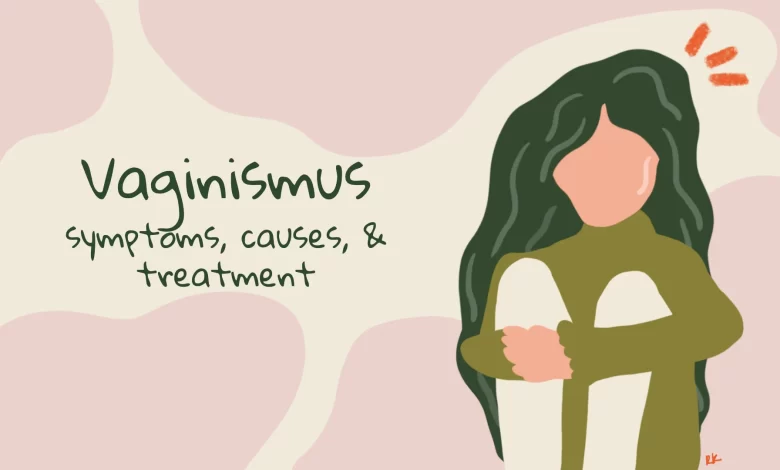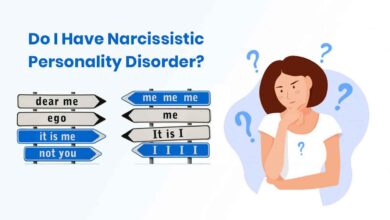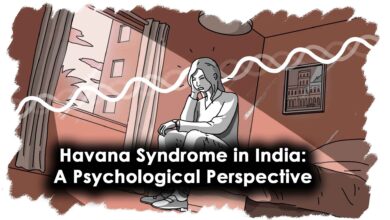Vaginismus: The Psychological Aspects
Discover the psychological aspects of vaginismus – a condition causing involuntary vaginal muscle contractions hindering penetration. Learn about anxiety, fear, negative beliefs, and trauma's role in vaginismus. Explore treatment options, including therapy and physical interventions.


Vaginismus is a condition in which the muscles in the vagina involuntarily contract, making penetration difficult or impossible. It can be caused by a variety of factors, including physical, psychological, and emotional issues.
The psychological aspects of vaginismus can be complex and varied. Some women with vaginismus may have experienced sexual abuse or trauma, while others may have anxiety or fear of pain. Still others may have negative beliefs about sex or their bodies.
The role of anxiety and fear
Anxiety and fear are two of the most common psychological factors that contribute to vaginismus. Women with vaginismus may be afraid of pain, of being judged, or of losing control. They may also have anxiety about their bodies or about sex in general.
When a woman is anxious or afraid, her body goes into “fight or flight” mode. This means that her muscles tense up, including the muscles in her vagina. This can make penetration difficult or impossible.
The role of negative beliefs
Negative beliefs about sex or the body can also contribute to vaginismus. Some women may have been taught that sex is dirty or wrong. Others may have negative beliefs about their own bodies, such as believing that they are not attractive or that their vaginas are too small.
These negative beliefs can make it difficult for women to relax and enjoy sex. They can also make it difficult to overcome the fear and anxiety that are associated with vaginismus.
Sexual abuse or trauma
Women who have experienced sexual abuse or trauma are more likely to develop vaginismus. The abuse or trauma can create fear and anxiety around penetration, which can lead to the involuntary contraction of the vaginal muscles.
Anxiety and fear of pain
Women who are anxious or fearful about penetration are also more likely to develop vaginismus. The anxiety can cause the muscles in the vagina to contract involuntarily, making penetration difficult or impossible.
Negative beliefs about sex or bodies
Women who have negative beliefs about sex or their bodies may also be more likely to develop vaginismus. These beliefs can create a fear of penetration and make it difficult for women to relax and enjoy sex.
Other psychological factors
Other psychological factors that can contribute to vaginismus include:
- Low self-esteem
- Body image issues
- Depression
- Postpartum anxiety or depression
- Stress
How to treat the psychological aspects of vaginismus
The psychological aspects of vaginismus can be treated with a variety of approaches, including:
- Cognitive-behavioral therapy (CBT): CBT is a type of therapy that helps people to identify and challenge negative thoughts and beliefs. In the case of vaginismus, CBT can help women to identify and challenge negative thoughts about sex and their bodies.
- Psychodynamic therapy: Psychodynamic therapy is a type of therapy that helps people to explore the underlying emotional issues that may be contributing to their condition. In the case of vaginismus, psychodynamic therapy can help women to explore their feelings about sex, their bodies, and their relationships.
- Acceptance and commitment therapy (ACT): ACT is a type of therapy that helps people to accept their thoughts and feelings without judgment. In the case of vaginismus, ACT can help women to accept their fear of penetration and learn to cope with it in a healthy way.
- Mindfulness-based stress reduction (MBSR): MBSR is a type of therapy that teaches people how to focus their attention on the present moment. In the case of vaginismus, MBSR can help women to relax and focus on the sensations in their body, which can help to reduce the involuntary contractions of the vaginal muscles.
Physical therapy
In addition to psychological therapy, women with vaginismus may also benefit from physical therapy. Physical therapy can help to relax the muscles in the vagina and make penetration easier.
Treatment outcomes
The treatment outcomes for vaginismus vary depending on the individual woman. However, with the right combination of therapy and support, most women with vaginismus can learn to manage their condition and enjoy a healthy and fulfilling sex life.
If you are struggling with vaginismus, please know that you are not alone. There are many resources available to help you. Please reach out to a therapist or other healthcare provider who can help you get the treatment you need.







